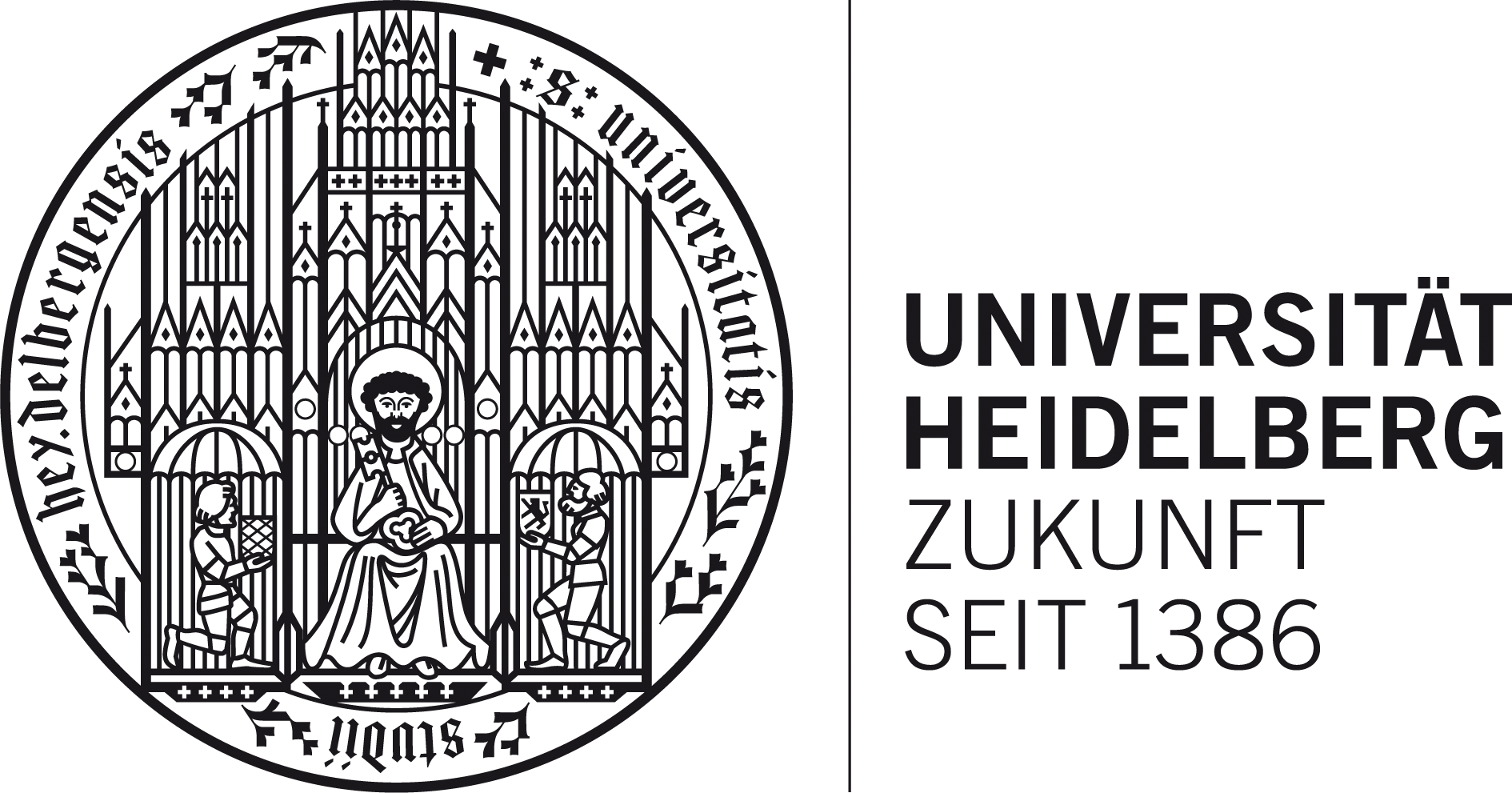Invited talk: The Age of Neuroadaptivity
Prof. Dr. Thorsten O. Zander, Brandenburg University of Technology, Cottbus-Sentenberg
2023/10/30
Within the biweekly seminar series, Prof. Zander gave an impressive talk on October 24, 2023, about his work on passive Brain-Computer Interfaces (BCIs).
He discussed the concept of presence in virtual environments. While the innovations promise transformative benefits, they also usher in complex legal and ethical challenges. Though predicting the exact societal ramifications is a formidable task, he touched upon critical considerations, sparking a dialogue with attendees.
In conclusion, Prof. Dr. Zander presented a forward-looking perspective, delineating the promises and perils that the burgeoning age of Neuroadaptivity holds for humanity's future.
About Prof. Dr. Zander:
At the Brandenburg University of Technology (BTU) in Cottbus, Prof. Dr. Thorsten O. Zander has dedicated his research to the captivating crossroads of cognitive neuroscience and brain-computer interfaces (BCIs). As the holder of the esteemed Lichtenberg Chair for Neuroadaptive Human-Computer Interaction at BTU and a guiding figure at Zander Laboratories GmbH / B.V., his endeavors have profoundly influenced human-computer interaction.
Prof. Zander's groundbreaking work on passive BCIs offers a refreshed understanding of human-computer interfaces. By deciphering cognitive and emotional states directly from brain activity and integrating the resulting information in real-time into a technical system, he has pioneered a more intuitive and seamless approach to HCI. Additionally, he has ventured into bridging the realms of BCIs and Artificial Intelligence (AI). With the introduction of 'Neuroadaptive AIs,' Prof. Zander seeks to harness insights from passive BCIs to render AI systems more adaptive. In his quest to forge AIs more compatible with humanity, he emphasizes the importance of AI systems learning directly from the human brain, ensuring their alignment with human intentions, values, and contexts.
His unwavering dedication to neuroadaptive technologies and their broader societal implications underlines his passion for refining and redefining human-computer collaboration.
